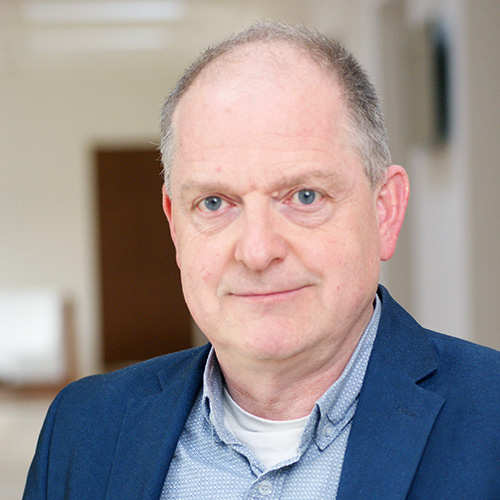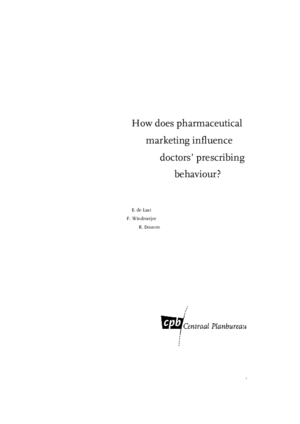How does pharmaceutical marketing influence doctors' prescribing behaviour?
Marketing leidt tot hogere geneesmiddelenkosten
We are sorry, unfortunately there is no English translation of this page.
Contacts

Total expenditure on pharmaceutical goods in the Netherlands amounted to 0.9% of GDP or 2.8 billion euro. For the larger part this expenditure concerned prescription pharmaceuticals: 2.4 billion euro. But pharmaceutical marketing outlays are large in a relative sense as well. On average, pharmaceutical companies spend 20% or more of their revenues on marketing. This places prescription pharmaceuticals among the most heavily promoted products.
This observation raises the question what effects these marketing outlays have and, more particularly, to what extent society benefits. Answering this question is more urgent for prescription pharmaceuticals than for other industries. More urgent, not only because of the amounts of money involved, but also because a large part of the marketing outlays is financed indirectly by public funds (through prices of pharmaceutical products), since the costs of prescription pharmaceuticals are typically covered by public health insurance. Therefore, the goal of this study is to answer the question above and, if necessary, to formulate policy implications.
